DevOps Automation

Team Development provides a new release. Team Operations puts it into operation. However, there’s been a mistake. Team Development says: “It must be Team Operations’ fault because it worked on my machine.” Team Operations says: “The error must be caused by Team Development”. The argument goes around in circles. At the end of the day, the release does not go live.
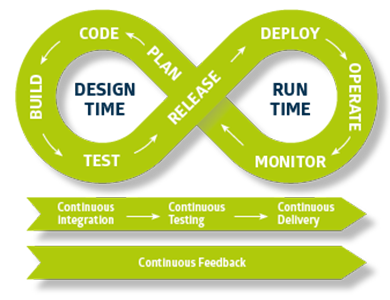
Bringing Dev and Ops Together with Infrastructure as Code
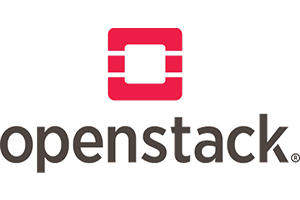
An essential tool for automating processes is Infrastructure as Code (IaC). By capturing infrastructure as source code, all processes can be mapped to build infrastructure and perform deployments. Quality control in the company can be carried out using a number of solutions, such as those used by software developers.
Infrastructure as Code enables developers to participate in the configuration of setups while operational teams are more involved in development processes at an early stage. Thus devs and ops avoid individual “knowledge islands” and gain a new level of transparency – not least because they can manage the source code centrally. Early collaboration also allows DevOps to eliminate any incompatibilities between dev, staging and production environments from the outset.
At SysEleven you get the right environment for IaC with the OpenStack-based cloud, the SysEleven Stack. The Public Cloud provides you with computing capacities as IaaS, which you define by code. For DevOps environments the SysEleven Stack has two decisive advantages besides Germany as the location for the data centers: On the one hand, it is 100 percent standards-compliant, so that a vendor lock-in is excluded. On the other hand, we support DevOps teams with introductory workshops, making it easy to get started.
Go one step further with Kubernetes to Full Automation
If you work with containers, you already have the advantage that your software runs independently on the operating system and your software development can work more flexibly. The task of your operating team is now to manage the containers. For this we recommend Kubernetes: The tool provides a number of powerful features with which you can implement fully automated CI/CD pipelines – including automatic rollout & rollback, autoscaling, auto-healing and service discovery. Key and configuration management as well as batch processing.
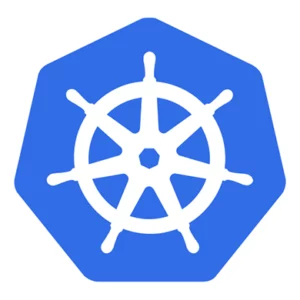
With MetaKube we support you in automating your DevOps environment with Kubernetes. On the one hand, we do this by taking over the complex setup of the tool. On the other hand, by going beyond the pure lifecycle management of Kubernetes: We provide you with essential services to make your operation as carefree as possible. This includes load balancer as a service, backup and recovery, cluster monitoring and dashboard.
FAQs
Under the term DevOps, developers and operations are establishing a more productive culture of collaboration: DevOps provide for a greater exchange of knowledge, improved trust, and an overall smooth collaboration between the two areas. It is about working with common tools and processes and learning from each other. By giving both sides an insight into the other world, they lay the foundation for an essential goal of this approach: automation.
DevOps Automation is designed to develop procedures between software development and IT operations that sometimes enable testing and deployment without manual intervention. The resulting optimization of the CI/CD pipeline means that releases, updates and bug fixes can be carried out in smaller cycles. For DevOps this means a focus on the core tasks and thus also higher productivity. The entire company, on the other hand, benefits from the higher frequency of deployments, as the resulting improvements ultimately will benefit the consumer.

